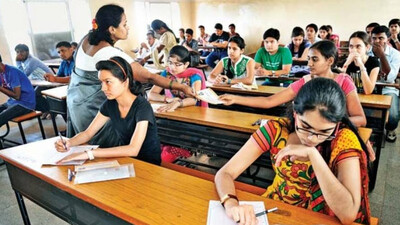Recommended Stories
"The Centre has failed to provide adequate relief for drought-hit farmers. It should immediately release interim installment of relief to states without any prejudice," BJP Kisan Morcha President O P Dhankar told reporters here.
Threatening to launch a nation-wide stir against hike in prices of fertilisers and to seek immediate relief for drought-hit farmers, he said interest on agriculture loan should be abolished and loan repayment be stopped till the next crop in view of monsoon failure in many parts.
The government should also immediately declare drought relief of Rs 10,000 per acre and roll back the increase in the prices of fertilisers, Dhankar said adding farmers from across the country would stage a demonstration in Delhi on August 20.
BJP President Nitin Gadkari and senior leader Rajnath Singh who would sit on dharna in support of the farmers, he said.
Dhankar said spiralling prices of chemical fertilisers have proved taxing for farmers.
The prices of Diammonium Phosphate had increased by 2.5 times since 2010, while that of Muriate of Potash rose by 3.75 times and Single Super Phosphate doubled.
De-control of fertiliser prices and new nutrition based subsidy too has led to difficulty in availability of these fertilisers. "The so-called nutrition based subsidy has become nutritious for importers and producers as well as the central government instead of helping farmers," he said.
Since 2010, nutrition based subsidy has been imposed on mixed fertilisers and the right to fix prices lies with manufacturers and exporters, the BJP leader said adding the government has cut its subsidy from Rs One lakh crore in 2008-09 to Rs 63,000 crore making farmers` condition pathetic.
Though 93 kinds of fertilisers are available in market, subsidy is available only on 23 types. Only Urea is under old control policy and its price was increased by ten per cent in 2010, he said.












